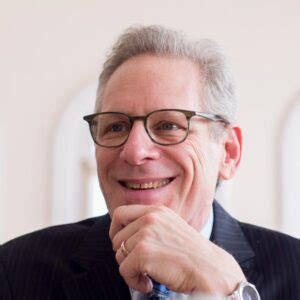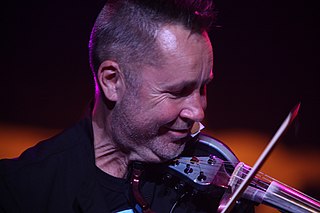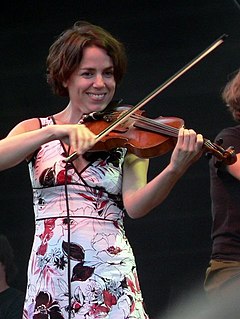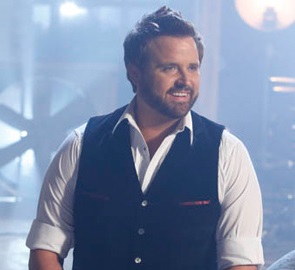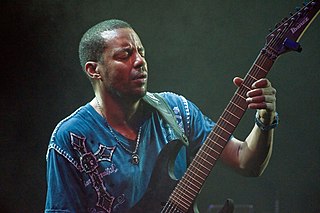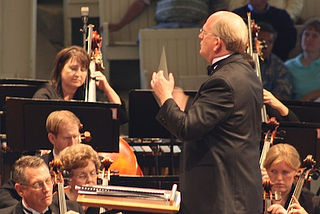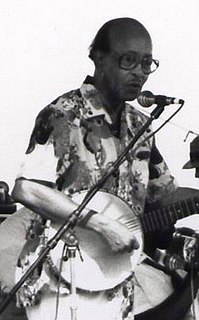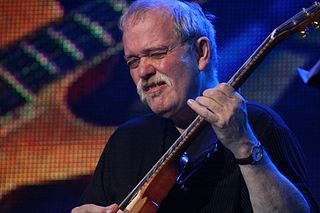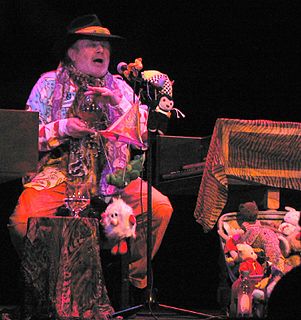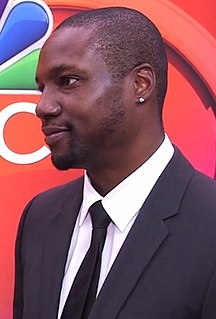A Quote by Stewart D. Friedman
Instead of the metaphor of scales in balance, I prefer the idea of a jazz quartet: you're trying to make music that feels and sounds good, and sometimes you only hear the trumpet or just the bass and piano. Sometimes all four are playing at the same time, but perhaps at different volume.
Related Quotes
The bass line is the anchor for me. I started with the bass, and either doubled that and then added the harmonies, or sometimes added my own harmonies that I've always wanted to sing on the song. And then it just went on from there - singing violin parts and trumpet parts and just trying to emulate the sounds of the instruments.
I've been really fortunate that my concert career has taken off hugely. I can make a living. I enjoy performing in front of a live audience, and I can do something different every time. Sometimes I'm with a quartet, sometimes I'm solo, sometimes with a symphony, and I get to go to different cities and meet different people.
When you're listening to radio and hear the same 20 songs over and over and over, you want a break from it. Sometimes you don't want to hear something that sounds just like everything else on the radio. Eventually, if you hear the same sounds and the same musicians and the same mixes and all of that, it will start to sound like elevator music.
A lot of people ask me where music is going today. I think it's going in short phrases. If you listen, anybody with an ear can hear that. Music is always changing. It changes because of the times and the technology that's available, the material that things are made of, like plastic cars instead of steel. So when you hear an accident today it sounds different, not all the metal colliding like it was in the forties and fifties. Musicians pick up sounds and incorporate that into their playing, so the music that they make will be different.
Well sometimes I do not listen to music. But when I do it could range from Frank Sinatra to Copeland. I spend a great deal of time playing the piano because it really is my salvation at times. But I am perfectly happy just going on a long bike ride that takes many days to complete and staying away from music for a bit. It always feels so fresh when you return to the instrument with a different observation of things than when you were last there.
One of my pleasantest memories as a kid growing up in New Orleans was how a bunch of us kids, playing, would suddenly hear sounds. It was like a phenomenon, like the Aurora Borealis -- maybe. The sounds of men playing would be so clear, but we wouldn't be sure where they were coming from. So we'd start trotting, start running-- 'It's this way! It's this way!' -- And sometimes, after running for a while, you'd find you'd be nowhere near that music. But that music could come on you any time like that. The city was full of the sounds of music.
That’s why I make music. When I listen to my favorite music made by other people, that’s what it does to me. So as a musician, I’m just trying to do the same thing with music I make. Sometimes it works, sometimes it doesn’t. But when someone comes to me and says the music I’ve made has affected them emotionally, that’s the most gratifying part of my job.
I had an affinity for music and could play anything I heard on the piano, but I wasn't scholastically advanced in any way. It was more of a habitual tendency. I would work on weekends at piano bars playing jazz when I was an art student, but the music wasn't mine - it was covers: everything from Radiohead to really old jazz. But other than that, the only training I had was piano lessons from when I was nine until I was eleven.
When I hear people who love my music and are trying to copy it, it sounds strange to me because it sounds so simple, made by other people. It took me a lot of years to find the balance, to find a way to be on the edge of being accessible but at the same time having the echo of a deep, more complex world.
